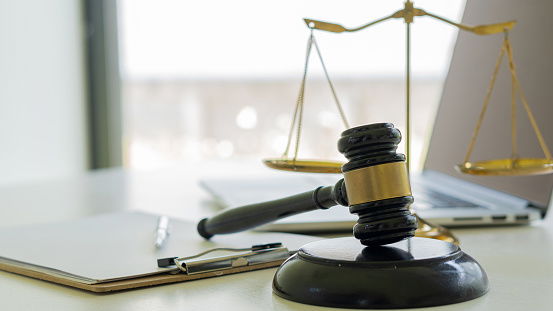How to Avoid Commercial Tenant Evictions

Commercial tenant evictions are a complex process. It requires balancing landlord rights with tenant rights, and can be very time-consuming. Most evictions are for non-payment of rent. If you are facing an eviction, it's important to get the process underway as quickly as possible. Following California landlord-tenant laws will not only help you get your space back open sooner, but will also help avoid any long-term problems. Ontario has a temporary ban on evictions if a tenant has applied for Canada Emergency Rent Subsidy (CERS), provided proof to the landlord, and has lived there for 12 weeks.
The non-enforcement period is set to end on April 22, 2022. The landlord can't start the eviction process without first serving a written notice. The notice has to include all tenants' names, the correct street address, and any subtenants. It also must contain the total amount of rent or charge for the space. The tenant has three days to remedy the situation or face eviction. If the tenant fails to do so, the landlord must file an eviction case and present evidence to the judge.Read more about laws at https://en.wikipedia.org/wiki/Attorney. Commercial tenant evictions must follow state laws to be valid. If there is no lease, the landlord must provide written notice to the tenant, and follow the eviction process.
However, if the tenant has signed a lease, it is easier for the landlord to follow state laws and comply with the eviction process. Despite these regulations, tenants have certain rights. If you are facing an eviction, it's important to contact an eviction lawyer fort lauderdale for legal advice. Although the ban on commercial tenant evictions has been extended to the end of 2020, it is unlikely to end sooner than that. The government hopes that the extension will help protect jobs and keep businesses open during the busy Christmas period. This ban may have the opposite effect, though. It may even lead to further tension between landlords and tenants. Be sure to read more here!
When you receive notice that an eviction is imminent, you may have options for compensation. For example, you may be entitled to monetary damages or legal permission to stay on the property. Moreover, your landlord may also be held liable if you did not give the tenant a proper notice. A landlord may also be held liable if he violated the provisions of the commercial lease. While self-help evictions may be tempting, they are often risky and can expose you to liability. You should always seek legal advice before attempting a self-help eviction. McCabe Coleman Ventosa& Patterson, PLLC has extensive experience in this area of the law. Whether you're a landlord or tenant, you can always rely on the assistance of an attorney who specializes in commercial tenant evictions in New Jersey. Commercial landlords and tenants have the right to evict tenants who fail to pay their rent.
